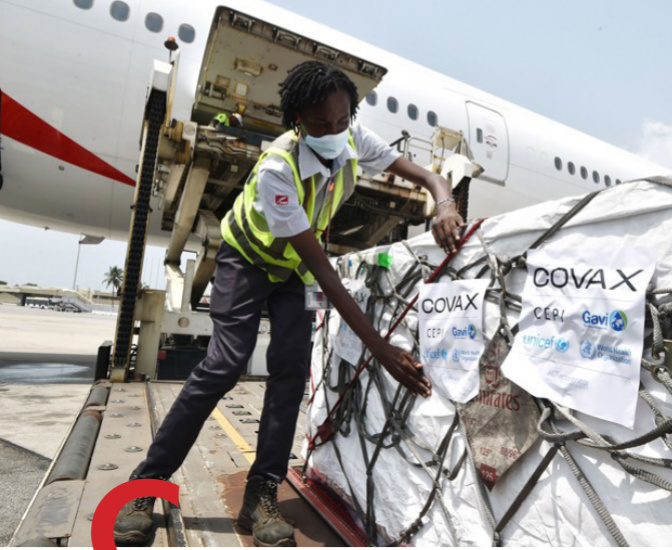Coronavirus (COVID-19), is a novel illness caused by a severe acute respiratory syndrome, which came to fore in 2019. The virus was first identified in Wuhan, City in China amid a respiratory outbreak in late December 2019. Covid-19 was declared a pandemic by the World Health Organization (WHO) in March 2020, and the world is still
small measure, and has put up a feat working tirelessly in containing the virus.
The pandemic triggered a global recession. The effect of the pandemic is on both developed and developing countries. Some countries responded to the economic effects of the pandemic by offering fiscal stimulus packages including social welfare payments to citizens, while the monetary authorities offered loan relief to help businesses during the pandemic, especially in developed nations.

High rate of unemployment, decrease in income, sharp drop in the price of crude oil which has hit the Nigerian economy so severely and in-turn affected the national budget, were
all aftermaths of the COVID-19 pandemic. There is also an increase in insecurity, which has been the norm since the outbreak. Economic, social, and religious activities are not left out. Schools and other public-related businesses had to shut down for long periods. The pandemic caused a social disruption by limiting global social relations, which is the principle of human society. Total and partial lockdowns adversely affected the economy globally. The mental effects
of the lockdown have been profound and research shows an increase in deterioration in mental health.
Nigeria’s government has spent millions of Dollars in the stimulus package for Nigerian households, as well as small to medium-sized businesses with the Central Bank of Nigeria (CBN’s) intervention in dropping close to 50 percent on the interest rate to aid Nigeria’s economy.
The pandemic also caused a sharp percentage drop in Nigeria’s GDP growth, which consists of 65% of the informal sector as the economy tries to resume full activity.
It also affected the borrowers’ capacity to pay back loans, hitches on the importation of goods as Nigeria is an import- dependent country. Aside from the pandemic revealing
the state of infrastructure and facilities in the health sector, deterioration and poor funding of the education sector were also revealed as the nation could not join others in adapting to virtual classes successfully. This is as a result of unstable power supply, high cost of data as well poor provision of data network.
The Nigerian government through the National Primary Health Care Development Agency (NPHDA), is leading the nation in the effort to access safe and effective vaccines. Different vaccines are available to be taken at different shots for different age brackets. The vaccine is meant to protect the people by teaching the immune system how to recognize and fight the virus that causes COVID-19.
Some myths and misinformation about the vaccine courtesy of the media are Alteration of DNA, Infertility Issues, Risks of developing allergic reactions after vaccination, the effect of
vaccination on pregnant women, lactating people as well as breastfed infants, and many more. This has triggered lots of controversy with many indecisive on taking the vaccine. Medical experts advise that due consultations with a doctor/health provider is needed to ascertain one’s health condition, before taking the vaccine.

Many argued that there was no need for vaccination since it does not prevent one from contracting the virus afterward. Expert says when one has contacted the virus, the vaccine cannot be administered until full recovery. The big question people
ask is this “Why do I need to still wear a mask and observe all precautions after vaccination if the vaccine is that effective”?


